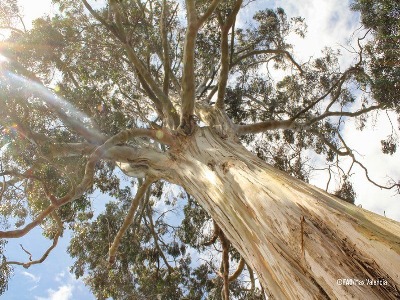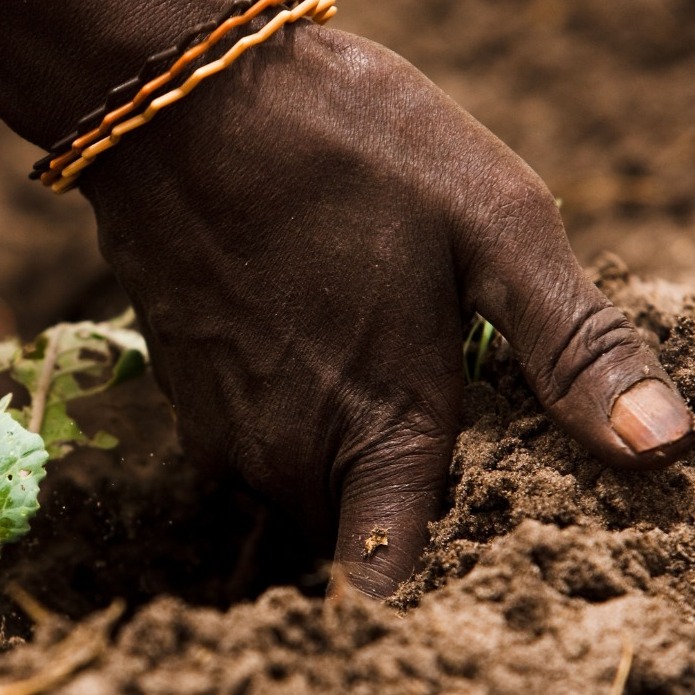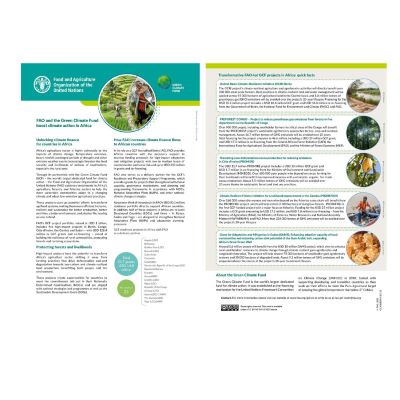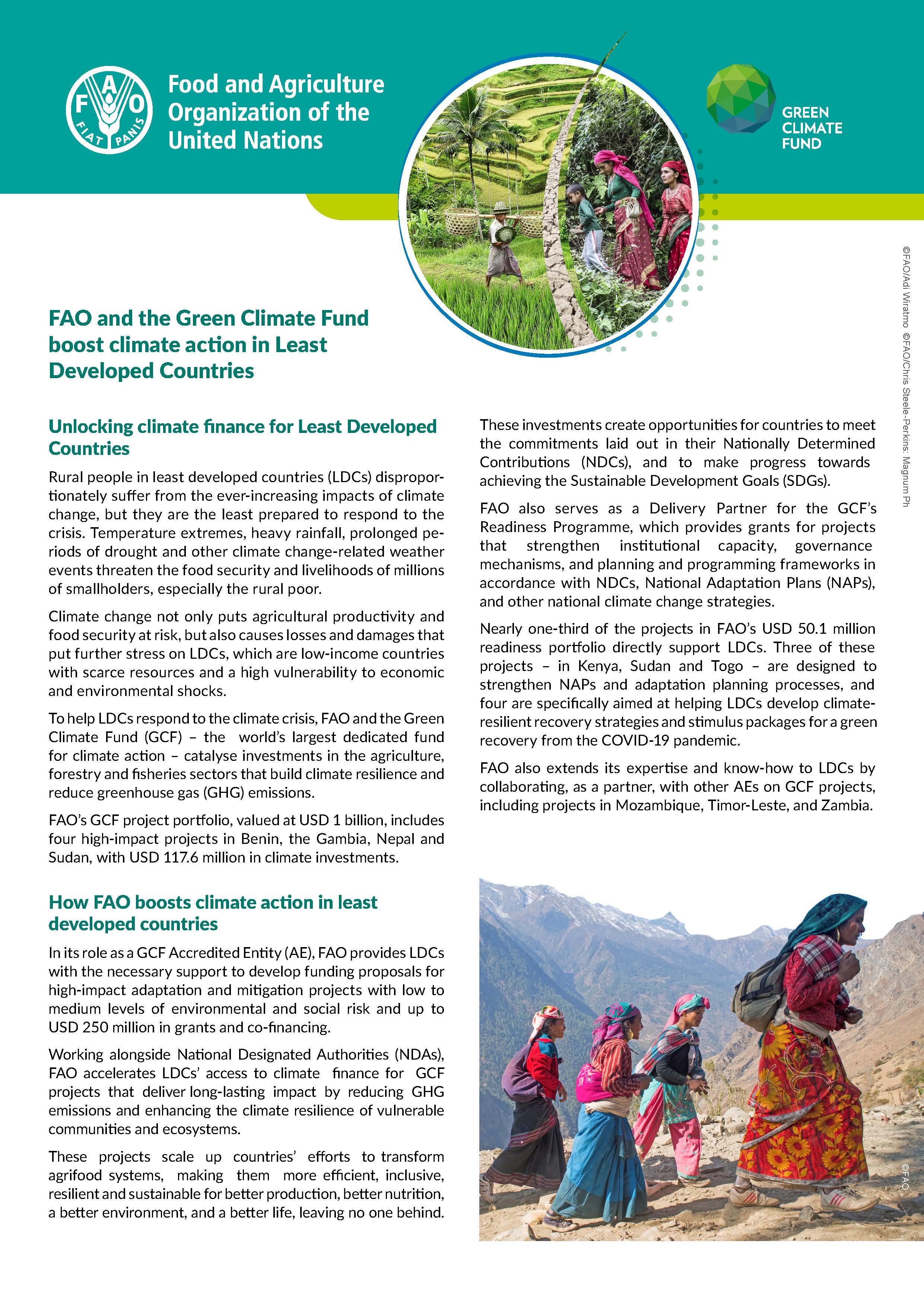Accelerating access to climate finance
Transitioning towards low-emission, climate-resilient food systems is key to improving the livelihoods of rural communities that depend on natural resources for their well-being. Since becoming partners in 2016, the Food and Agriculture Organization of the United Nations (FAO) and the Green Climate Fund (GCF) have been scaling up investment in high-impact projects that make the agriculture, forestry and fisheries sectors more efficient, inclusive, sustainable and resilient to climate change.
FAO’s GCF portfolio at a glance
Total value: USD 1.8 billion
High-impact projects
USD 1.7 billion
29 projects serving over 60 million people
Readiness projects
USD 93 million
114 Readiness projects - Boosting countries’ capacities to address climate change
Projects as a partner
USD 75 million
8 projects where FAO implements activities for other GCF Accredited Entities
Targeted climate investment

Projects in Least Developed Countries
9
high-impactprojects
USD 494
million34
readinessprojects
USD 30
million
Projects in Small Island Developing States
3
high-impactprojects
USD 200
million26
readinessprojects
USD 19
million
Projects in African countries
10
high-impactprojects
USD 580
million38
readinessprojects
USD 35
million
5 REDD +
Results-based payment projects
USD 268
millionVideos: FAO and GCF accelerate access to finance for climate action

FAO and the Green Climate Fund boost investments in agrifood systems
Since becoming partners in 2016, the Food and Agriculture Organization of the United Nations (FAO) and the Green Climate Fund (GCF) have been scaling up investment in high-impact projects that make the agriculture, forestry and fisheries sectors more efficient, inclusive, sustainable and resilient to climate change.

Accelerating climate action through the FAO-Green Climate Fund Partnership
FAO’s Green Climate Fund (GCF) Team leverages in-house expertise to ensure the effective design and delivery of GCF projects, from readiness grants to high-impact funding proposals that support countries’ efforts to adapt to climate change and reduce greenhouse gas emissions.
FAO's GCF project portfolio
Impact stories

A voice of resilience
Khilamaya Nepali has lived with a disability most of her life. Now, she is a vocal and active participant in a farmer field school, supported by FAO and GCF

Healing Chile’s Huapi island
On a remote Chilean island at the centre of Lake Ranco south of the Andes, native trees are making a comeback thanks to the restoration efforts of Indigenous Peoples

Restoring the Colombian Amazon Biome as a global climate solution
Conflict survivors turned forest heroes protect biodiversity and build livelihoods

Setting up Côte d'Ivoire’s cocoa sector for climate resilience
The cocoa trees in eastern Côte d'Ivoire have been steadily perking up with zero-deforestation cocoa farming and sustainable agroforestry practices
FAO–GCF project maps

Map of FAO-GCF funding proposals and multicountry projects
FAO works with countries to design and implement high-impact GCF projects that build climate resilience and reduce greenhouse gas emissions.

FAO-GCF Readiness Programme projects
FAO supports countries’ efforts to access grants under the GCF Readiness Programme to lay the groundwork for and enhance climate change adaptation and mitigation action.












-for-agriculture-in-southeast-asia.jpg?sfvrsn=e59edaf_1)





.png?sfvrsn=70fd40ff_5)